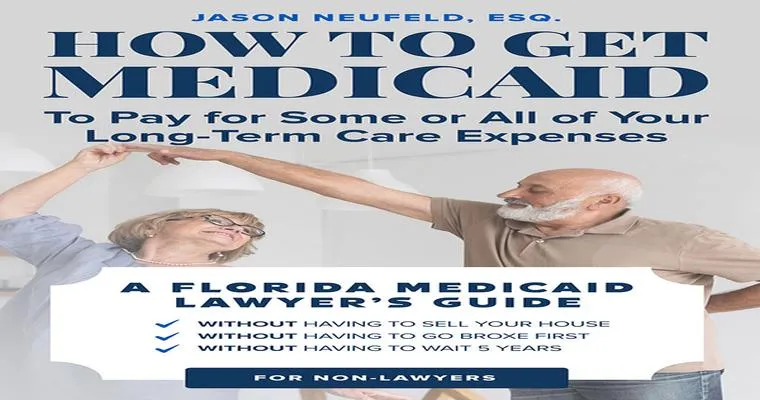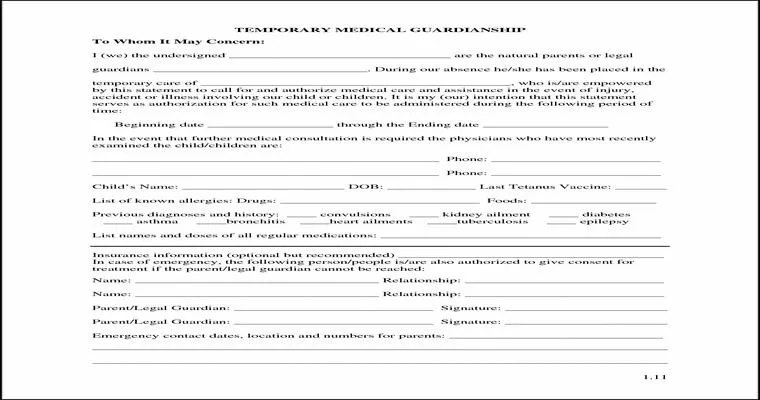When individuals apply for "Medicaid" to cover long-term care costs, they often believe that these benefits come at no financial cost. However, it's essential to understand that "Medicaid estate recovery" can significantly impact one's estate after death. This program is designed to reimburse the state for the expenses incurred while providing long-term care services to beneficiaries. As a result, while Medicaid can be a vital resource for those needing assistance, the implications of estate recovery can lead to unexpected financial burdens for families.
Understanding Medicaid Estate Recovery
Medicaid estate recovery is a process in which states seek to recoup the costs of long-term care services from the estates of deceased beneficiaries. This means that if you received Medicaid benefits for nursing home care or other long-term services, the state may have the right to claim a portion of your assets upon your passing. The recovery process typically targets the value of your home, savings, and other belongings that form part of your estate.
Who Is Affected by Estate Recovery?
Not everyone who receives Medicaid benefits will face estate recovery. Generally, states pursue recovery from the estates of individuals who were over the age of 55 when they received long-term care services. However, exceptions exist. For instance, if a beneficiary is survived by a spouse or a minor child, the state may not pursue recovery until those individuals are no longer living in the home.
The Myths About Medicaid and Long-Term Care
Many people assume that Medicaid provides "free long-term care" without any repercussions. This misconception can lead to significant surprises for families left to manage the estate after a loved one passes. It’s critical for individuals planning for long-term care to recognize that while Medicaid can offer essential support, the potential for estate recovery means that the assets they hoped to pass on to heirs may not remain intact.
Planning for Medicaid Estate Recovery
To mitigate the impact of Medicaid estate recovery, careful planning is necessary. Here are some strategies to consider:
1. "Asset Protection": Consult with a financial advisor or elder law attorney who specializes in Medicaid planning. They can help you understand how to legally protect your assets while still qualifying for Medicaid benefits.
2. "Consider a Trust": Establishing an irrevocable trust can help shield assets from recovery efforts. However, this must be done well in advance of applying for Medicaid, as there are look-back periods that can affect eligibility.
3. "Gifting Strategies": Some families choose to gift assets to loved ones to reduce the size of their estate. However, this can be a complex decision, as it may affect Medicaid eligibility and lead to penalties if done too close to applying for benefits.
4. "Understand State Regulations": Medicaid estate recovery laws vary by state. Being informed about local regulations can help you navigate the system more effectively and prepare for potential recovery efforts.
Conclusion
While "Medicaid" provides essential long-term care benefits for many individuals, it is crucial to understand the implications of "estate recovery". Benefits may not be entirely "free," and the potential for the state to reclaim costs from your estate is a reality that cannot be ignored. By engaging in thoughtful planning and seeking professional guidance, individuals can better prepare themselves and their families for the financial landscape that follows the need for long-term care.





